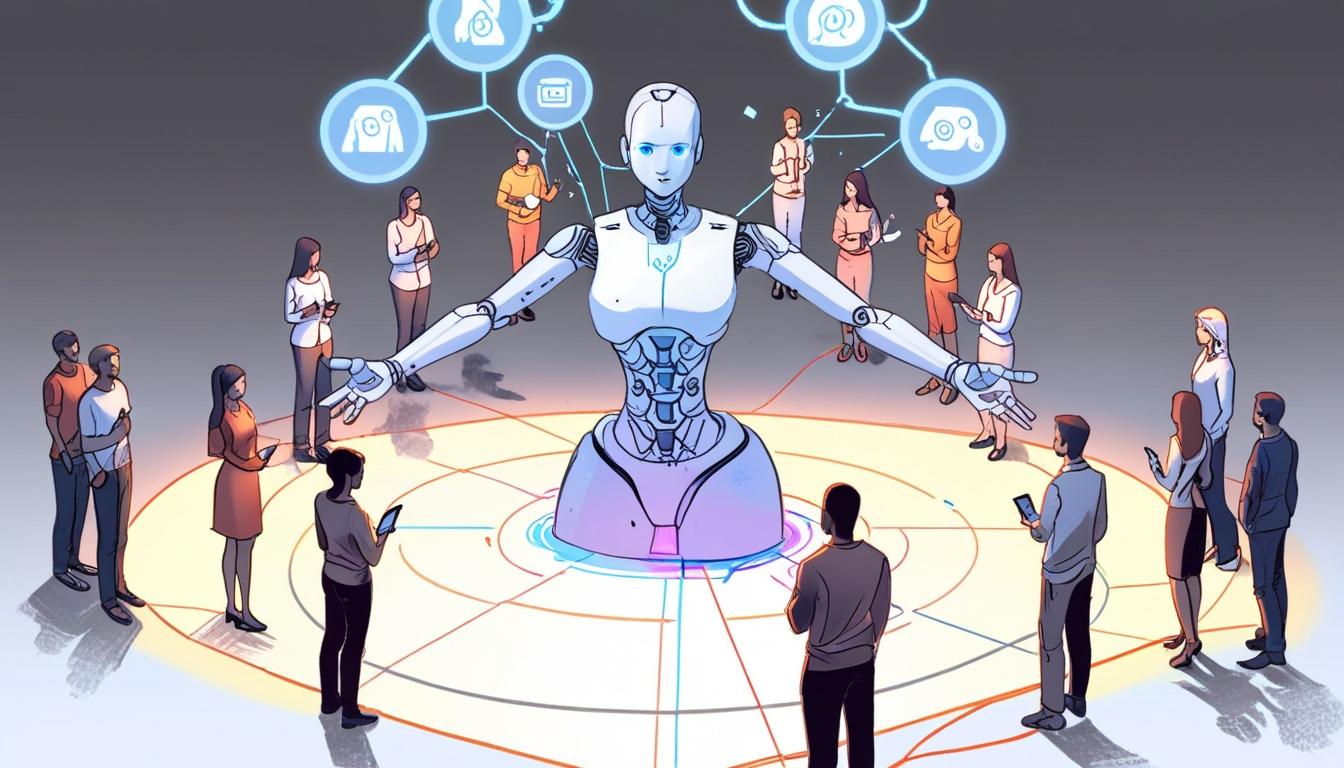The ongoing evolution of artificial intelligence (AI) raises critical questions regarding the future landscape of digital assistants. As the sector progresses, a debate emerges: will a few powerful, multifunctional AI agents dominate, or will there be an array of specialised digital aides designed for specific tasks that users can call upon as needed? Industry leaders acknowledge the rapid pace of advances, leaving them uncertain about the future state of AI technologies even in the short term.
Among those advocating for a singular AI solution, notable advancements have sparked considerable interest. Recently, OpenAI introduced a shopping feature within its ChatGPT model, which could significantly alter the e-commerce dynamics by allowing users to conduct product research and receive buying recommendations in one streamlined interaction. This development potentially disrupts the conventional purchasing journey that brands have relied upon, positioning OpenAI at a pivotal point in the evolving market.
However, while high-profile innovations capture attention, a burgeoning cohort of specialised AI agents is quietly taking shape. These agents are characterised by their focused functionality and, importantly, their cost-effectiveness. At Meta’s LlamaCon developer conference, the company showcased its commitment to open-source AI frameworks, particularly its "open weights" models. These models allow developers to utilise and adapt AI technologies without needing full transparency regarding their training processes.
Meta’s Llama models have seen significant uptake, accumulating 1.2 billion downloads within two years, primarily as developers adapt them for specific applications. This interest highlights a broader shift toward creating tailored AI solutions that meet particular user needs.
Key techniques are rapidly advancing the deployment of these models. For instance, the process of distillation, which involves synthesising the intelligence of larger models into smaller versions, has gained traction among developers. In contrast to companies with proprietary models, such as OpenAI, which control how their technologies can be modified, the open-source environment fosters an ecosystem where developers have the freedom to innovate.
Recent months have witnessed an increasing focus on leveraging proprietary data in AI model development, particularly during post-training phases. As noted by Ali Ghodsi, CEO of Databricks, this method enhances reliability for business applications and is only feasible with open models. Additionally, developers have begun to amalgamate the successful elements from various open models. Following the launch of DeepSeek's economically viable R1 reasoning model, other developers replicated its reasoning techniques and successfully integrated them with Meta’s Llama.
Such innovations threaten to prompt a significant increase in the availability of advanced digital agents that are less hardware-intensive and consume far less power. However, this evolution raises concerns about potential commoditisation within the AI sector, where lower-cost alternatives might undermine more sophisticated models.
As the cost of AI development continues to decline, the most substantial beneficiaries may be companies capable of integrating specialised agents into their daily operations, thus enhancing efficiency and productivity across various sectors.
Source: Noah Wire Services
